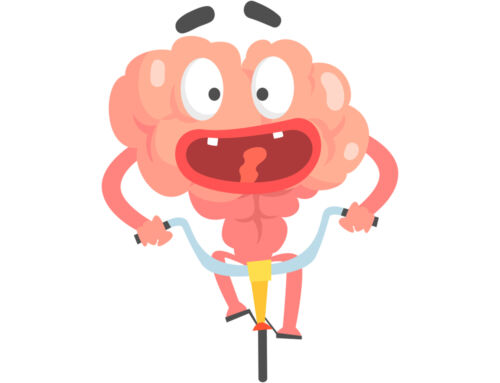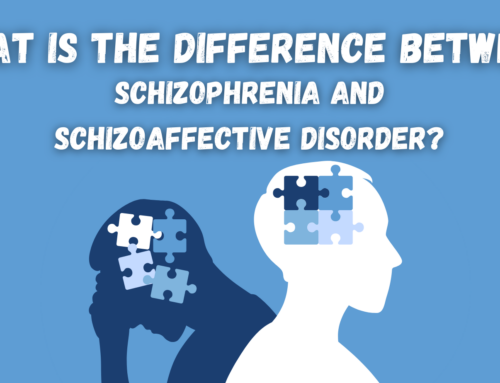During addiction, people become disconnected from themselves and the world around them. They often feel lost, unstructured, and hopeless. While in recovery, studies have shown that journaling can aid those working to stay sober feel more centered, connected, and focused, especially when life becomes intense. In fact, according to the University of Rochester Medical Center, “One of the ways to deal with any overwhelming emotion is to find a healthy way to express yourself. This makes a journal a helpful tool in managing your mental health.” It can help you:
- Manage anxiety
- Cope with depression
- Help you prioritize issues, fears, and concerns
- Create space for positive self-talk and identifying negative thoughts and behaviors
- Reduce stress
Journaling is a type of writing where you simply unload thoughts and feelings down on paper to help you understand and cope with these thoughts and emotions. It can be particularly effective in those who are dealing with co-occurring disorders.
Different Types of Journaling
How, what, and when you write in your journal is totally up to you and your personal preferences. However, journaling may take the form of a:
- Diary – where you can be honest with yourself and write freely about the events of the day and how you felt about them.
- Gratitude Journal – where you write about things that you are grateful for and appreciative of.
- Food Journal – maybe you’ve decided to take action on your health since getting sober and you’d like to track your progress during recovery. This type of writing can really boost your overall self-esteem, morale and most importantly – your health.
- Goal-Focused Journal – where you keep track of your goals and the progress toward these positive outcomes.
- Day/Evening Reflection Journal – where you reflect on the day’s events and jot down ways that you may have thought or behaved differently involving better choices.
Writing Prompts To Get You Started
- List what you’re grateful for – from breathing and being alive to finding a great show to binge watch and all things in between – everything counts.
- List what you’ve accomplished, no matter how small.
- Review your day each night and examine what you could have done differently or better, and be kind to yourself here.
- Just let it all out and list feelings felt throughout the day.
Treatment for Addiction, Substance Use Disorders, and Mental Health
Often, people who suffer from addiction or substance use disorder also live with an underlying mental health condition. Journaling can be an effective tool in getting in touch with and dealing with any overwhelming feelings during recovery, especially in those with co-occurring disorders. If you or a loved one is suffering from a mental health condition and a substance use disorder or addiction, get help now. Mental health and addiction are treatable and there is hope in recovery.
“Keep some room in your heart for the unimaginable.” – Mary Oliver
If you’re ready to begin taking great strides towards your health and wellbeing, speak with a professional from Alta Loma today. Mental illness should be taken seriously and, if not treated early on, more severe conditions can arise. The best way to promote happiness and health is to seek help – and to begin using effective interventions for treating the problematic symptoms a person is experiencing. Don’t wait any longer to seek the help you need. Please call Alta Loma today – and you’ll be surrounded by a healthcare team who truly cares about your recovery. 866-457-3843



